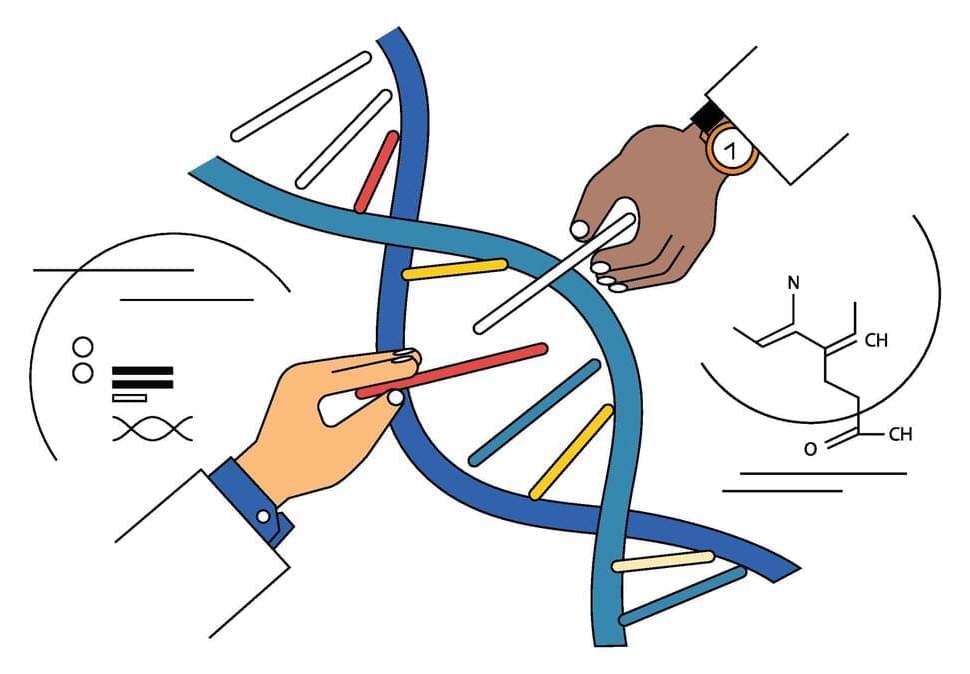This story is part of a series on the current progression in Regenerative Medicine. In 1999, I defined regenerative medicine as the collection of interventions that restore to normal function tissues and organs that have been damaged by disease, injured by trauma, or worn by time. I include a full spectrum of chemical, gene, and protein-based medicines, cell-based therapies, and biomechanical interventions that achieve that goal.
As part of a trio of stories on advances in stem cell gene therapy, this piece discusses how to alter blood stem cells using mRNA technology. Previous installments describe how the same platform could reinvent how we prepare patients for bone marrow transplants and correct pathogenic DNA.
At present, the only way to cure genetic blood disorders such as sickle cell anemia and thalassemia is to reset the immune system with a stem cell transplantation. Only a fraction of patients elects this procedure, as the process is fraught with significant risks, including toxicity and transplant rejection. A preclinical study published in Science explores a solution that may be less toxic yet equally effective: mRNA technology. The cell culture and mouse model experiments offer a compelling avenue for future research to enhance or replace current stem cell transplantations altogether.
